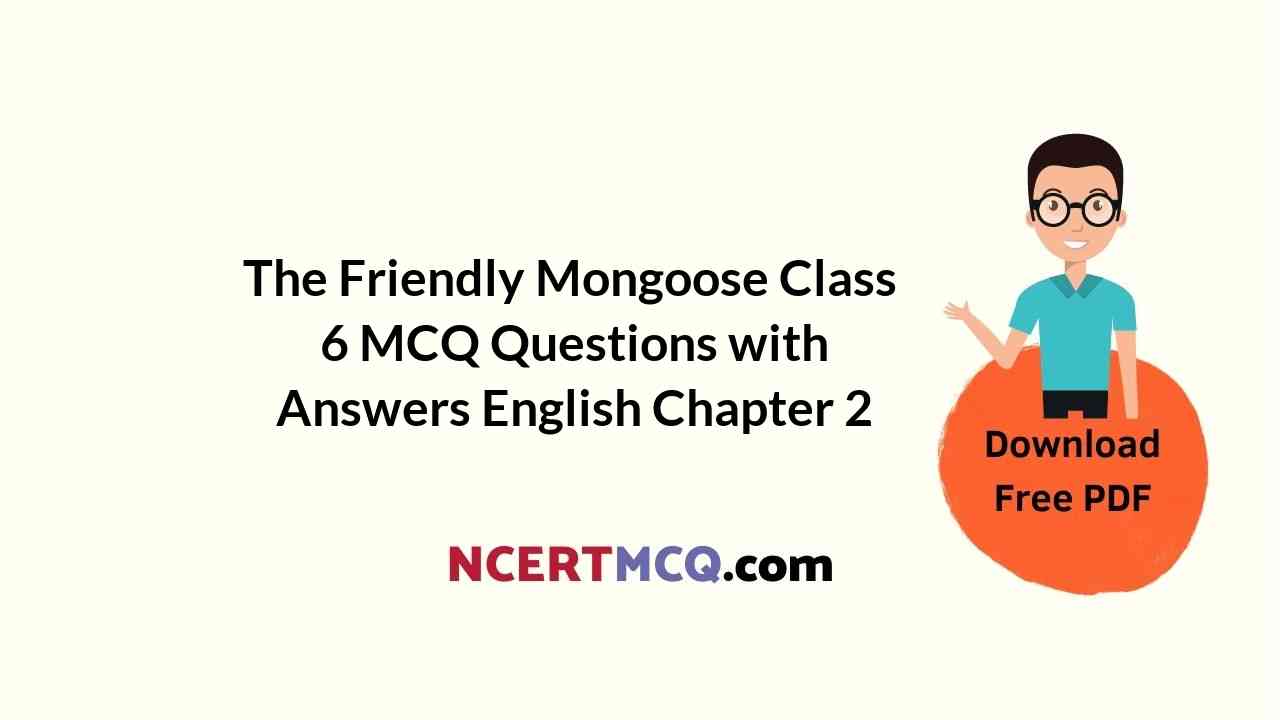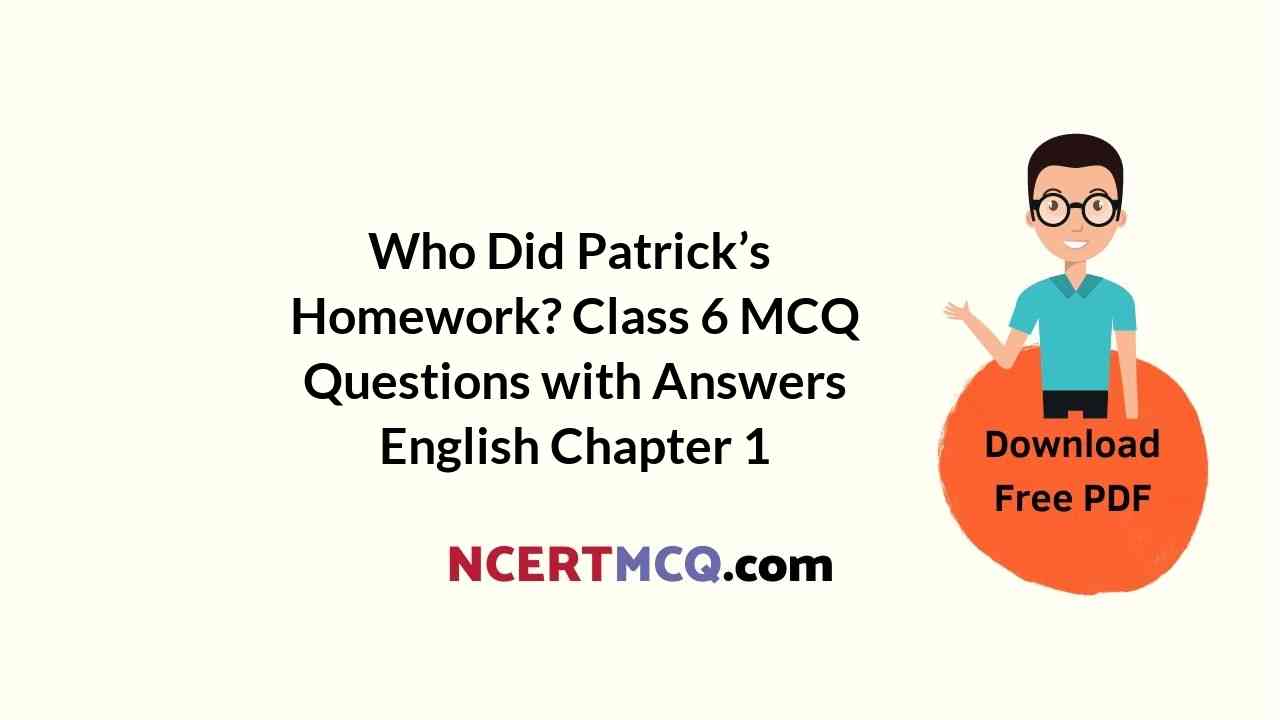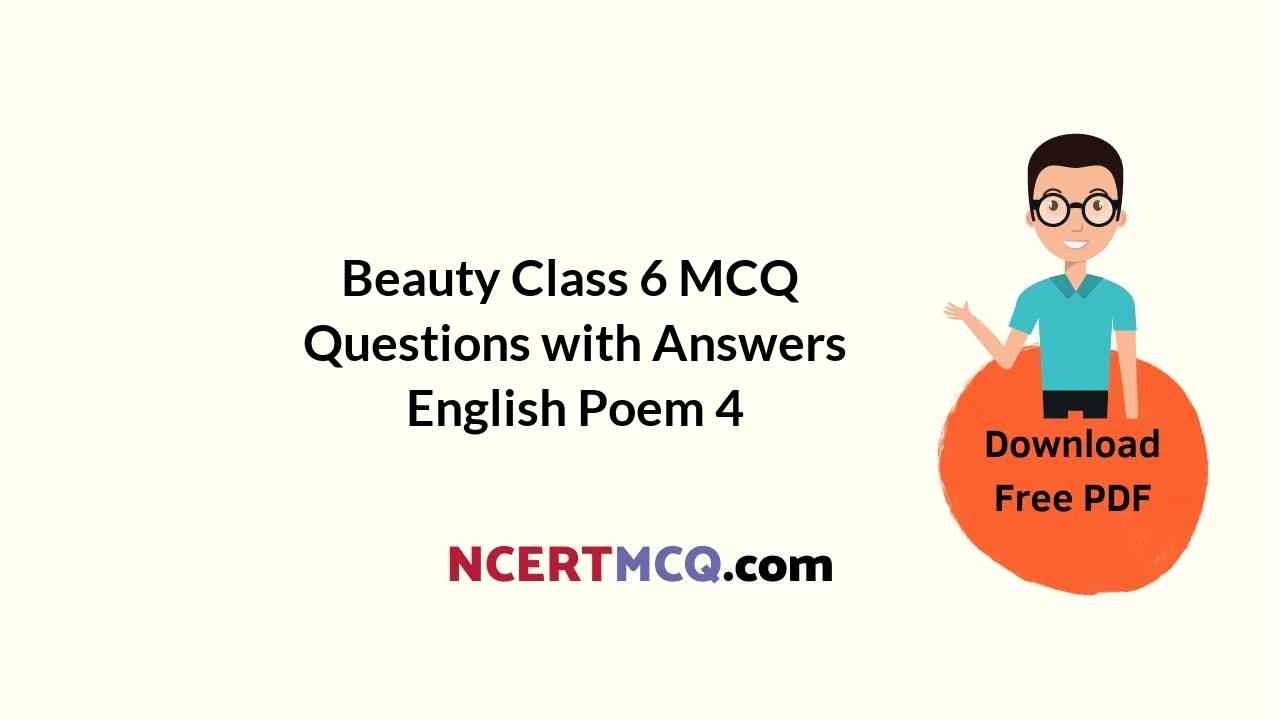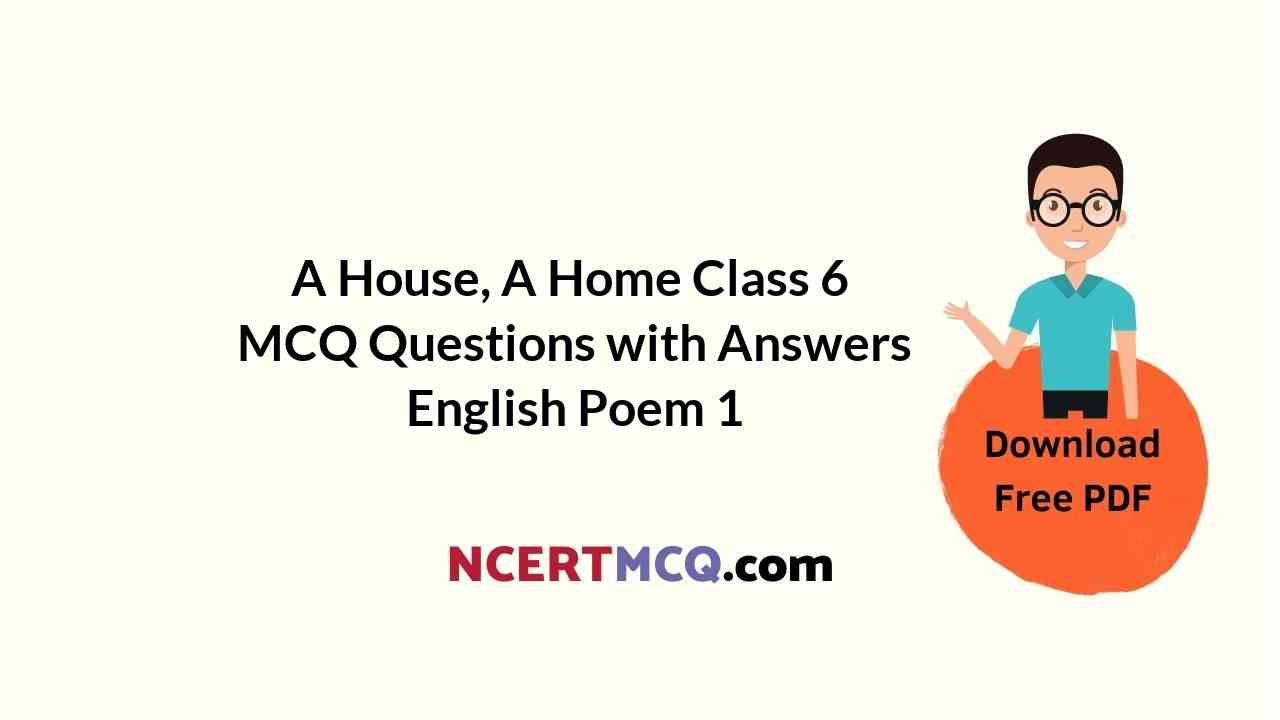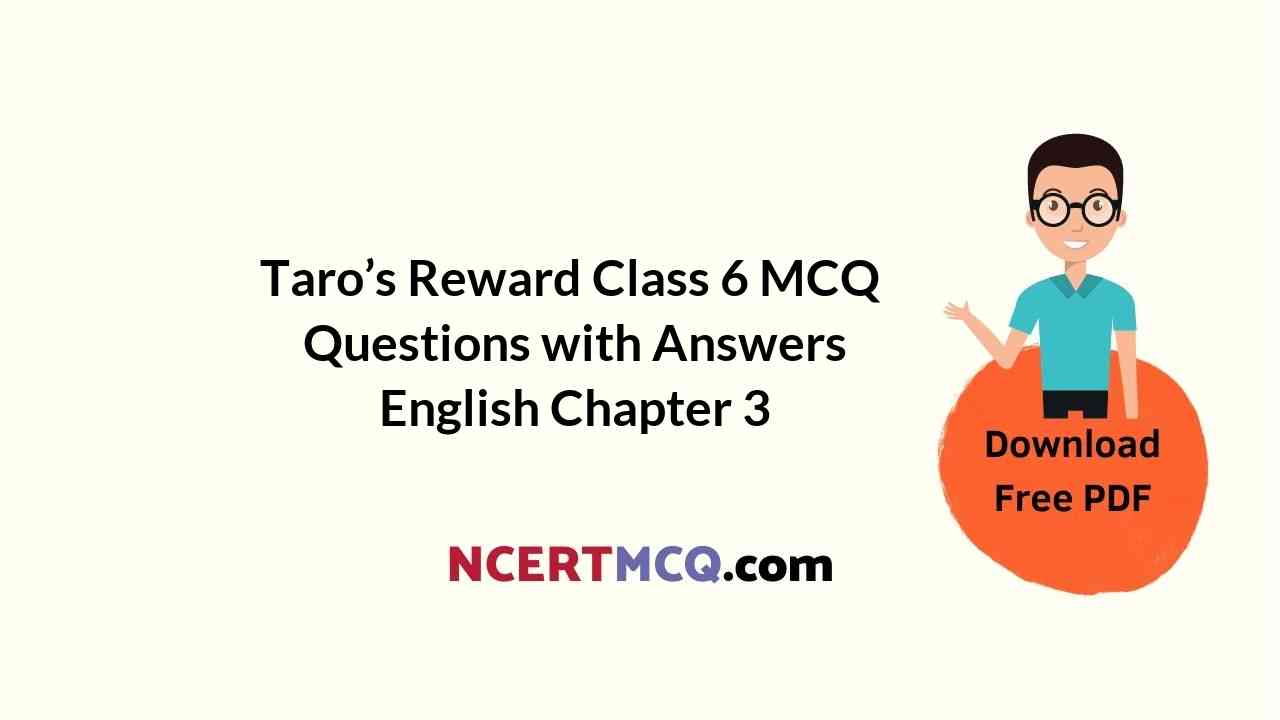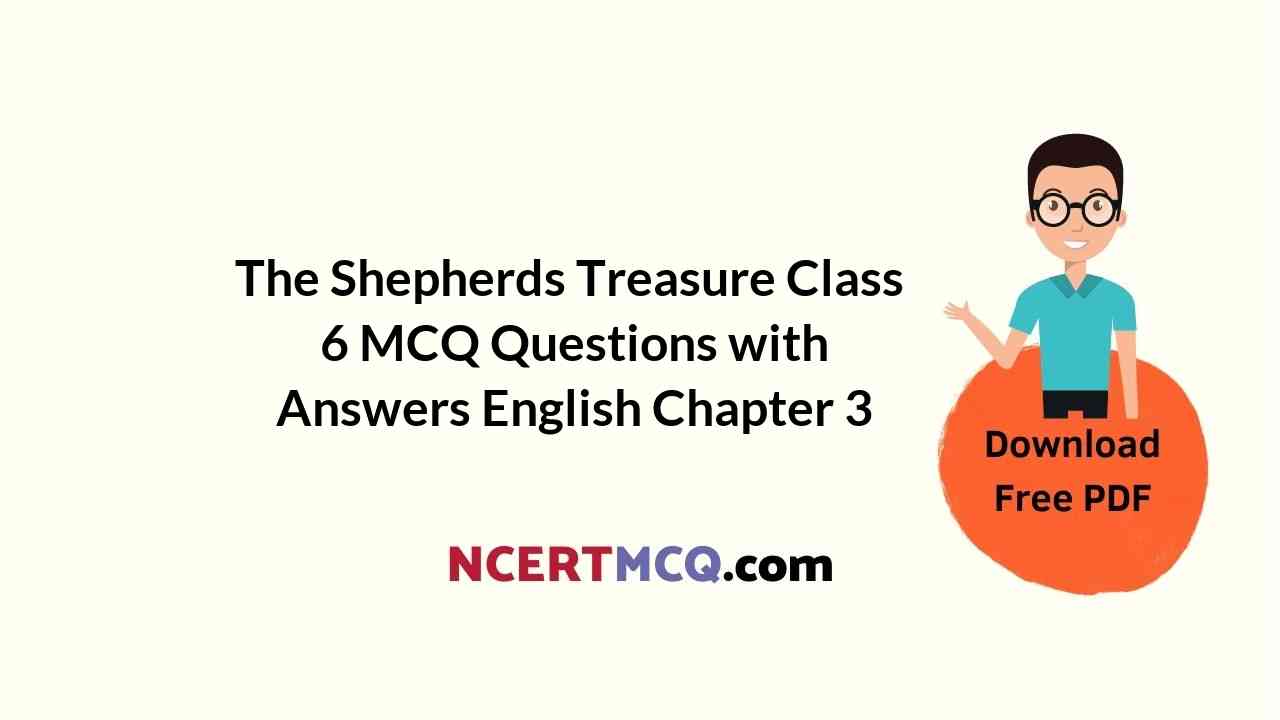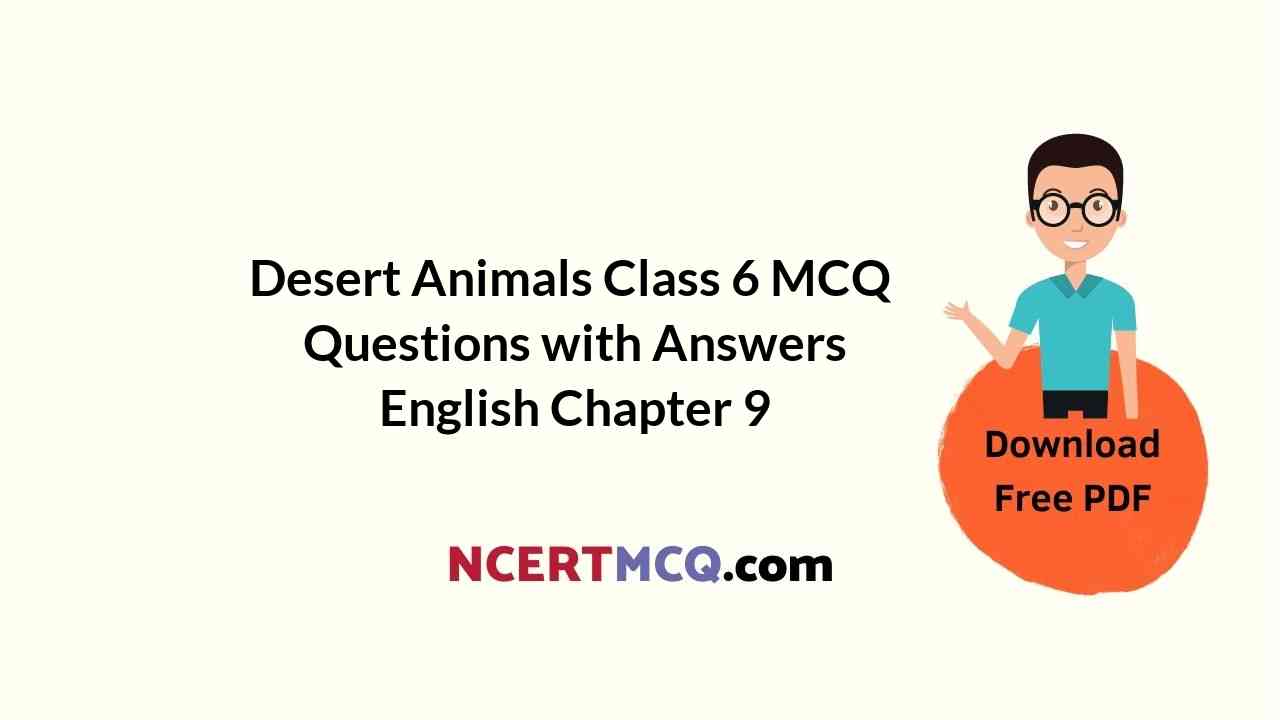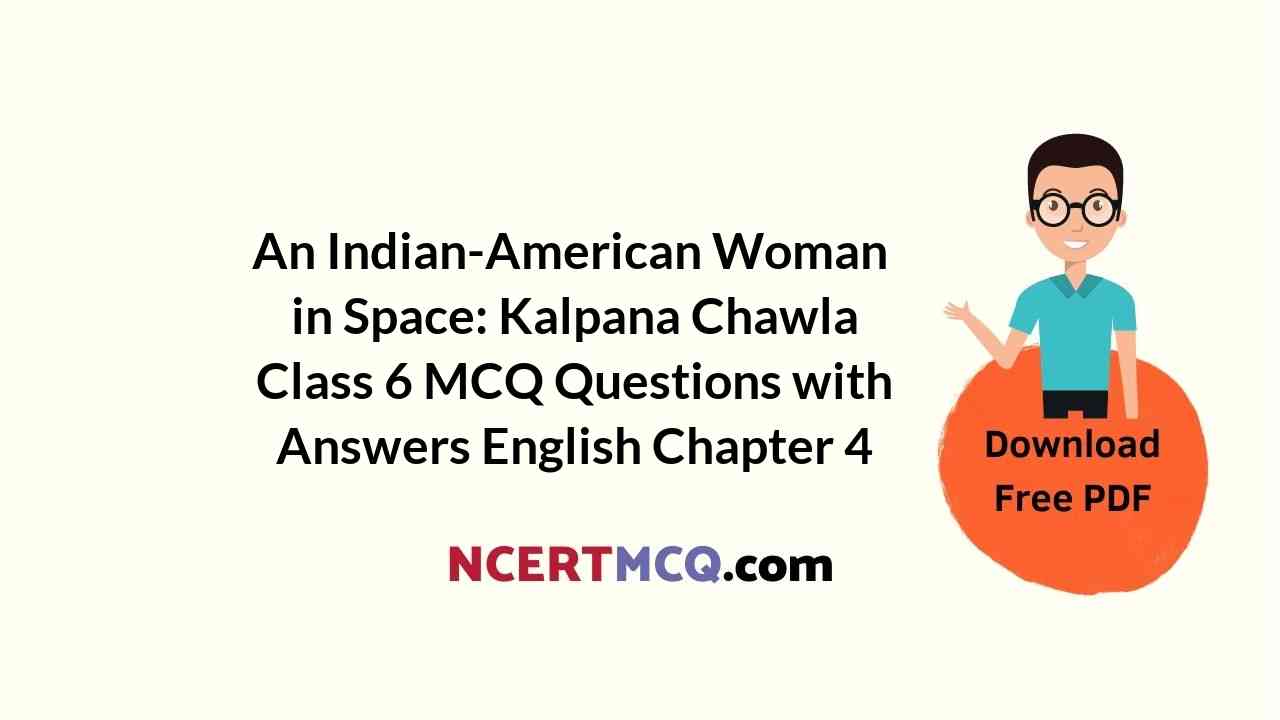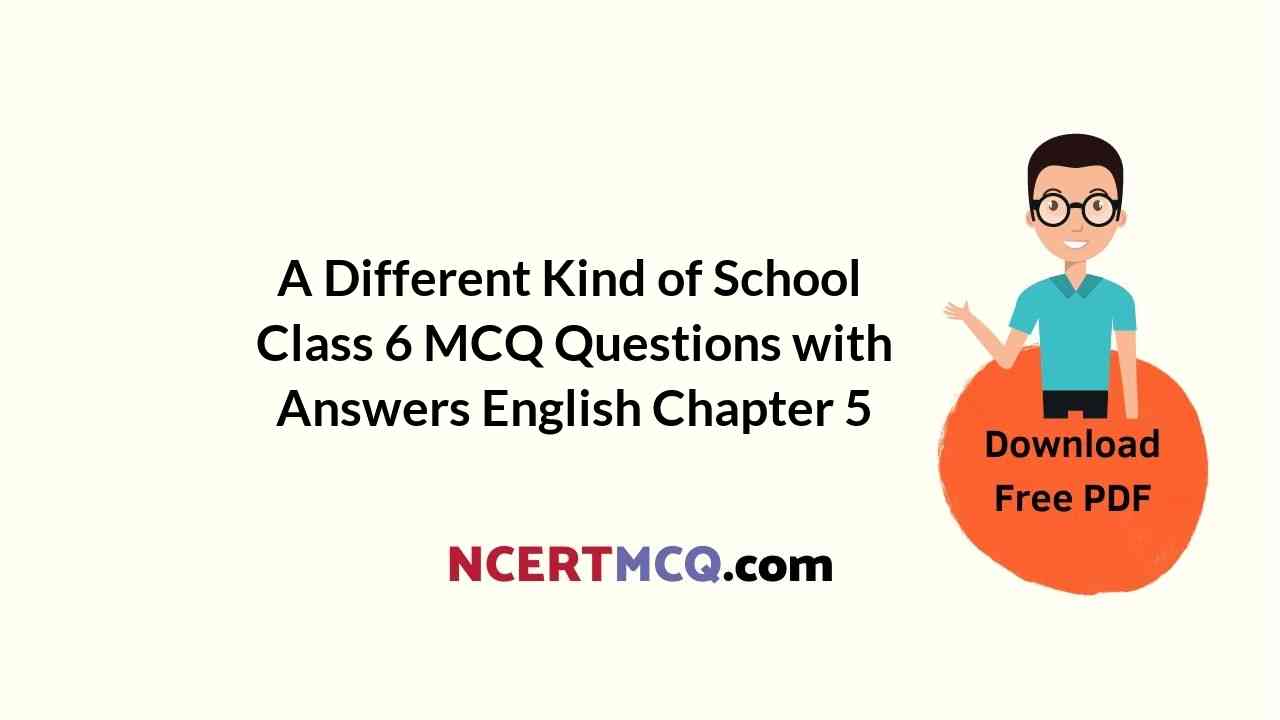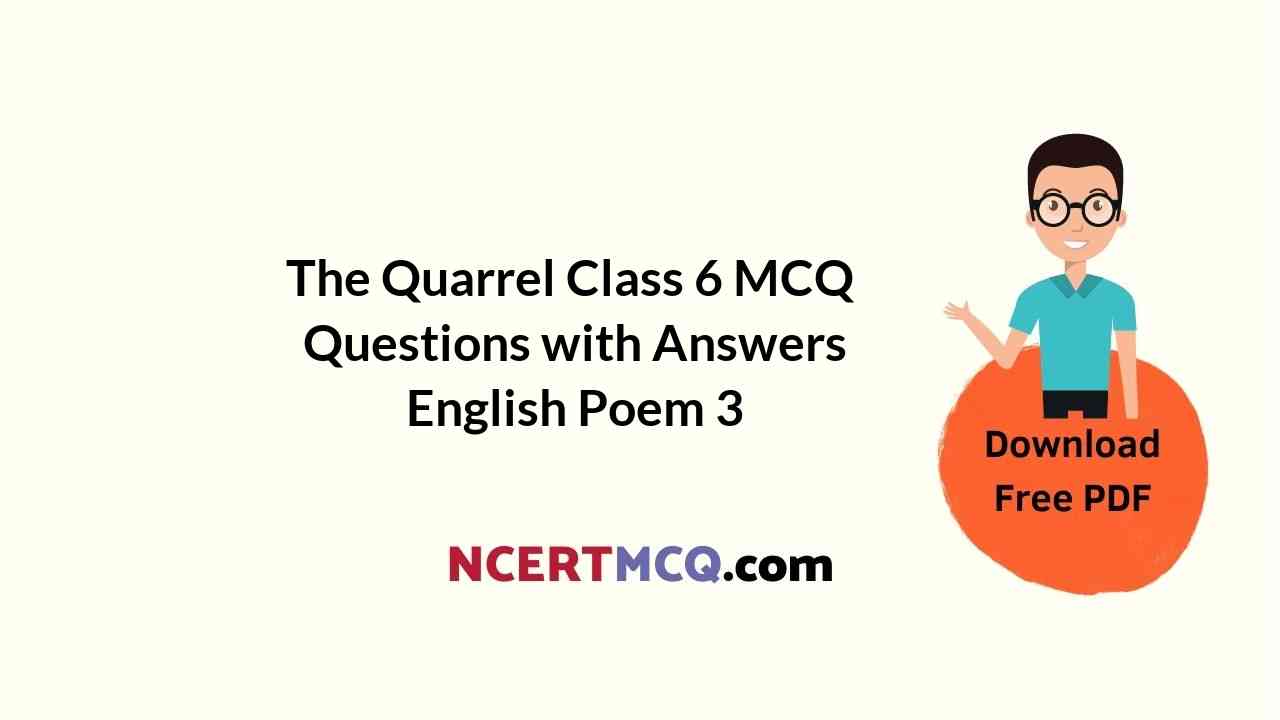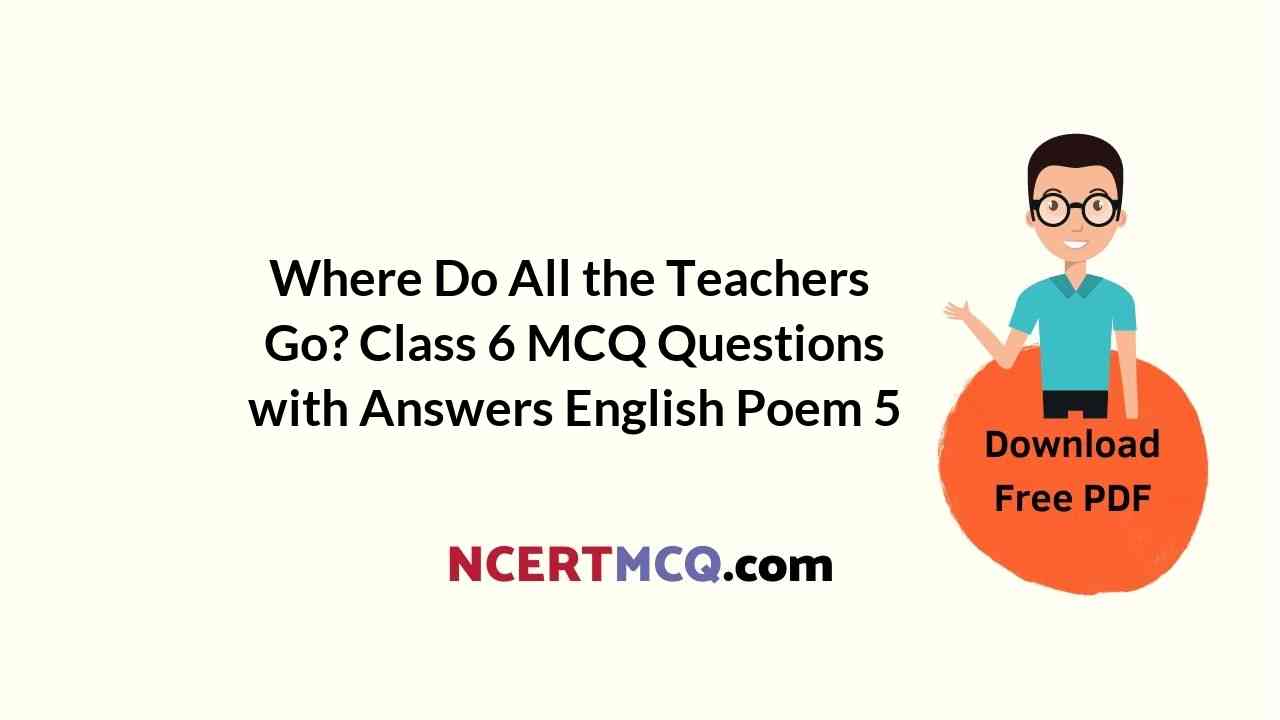Check the below NCERT MCQ Questions for Class 6 English A Pact with the Sun Chapter 2 The Friendly Mongoose with Answers Pdf free download. MCQ Questions for Class 6 English with Answers were prepared based on the latest exam pattern. We have provided The Friendly Mongoose Class 6 English MCQs Questions with Answers to help students understand the concept very well.
MCQ Questions for Class 6 English A Pact with the Sun Chapter 2 The Friendly Mongoose with Answers
The Friendly Mongoose MCQ Questions Class 6 Question 1.
The animals are
(a) enemies to man
(b) good to animals
(c) funloving
(d) the friends of man
Answer
(d) the friends of man
The Friendly Mongoose MCQ Class 6 Question 2.
The farmer brought a baby mongoose
(a) to please his friend
(b) to please his wife
(c) for its companionship to the
(d) for its companionship with the sun son
Answer
(c) for its companionship to the
Friendly Mongoose MCQ Class 6 Question 3.
The farmer’s wife
(a) wanted to leave the baby alone
(b) did not want to leave the baby alone
(c) wanted to leave it with mother
(d) none of the above
Answer
(b) did not want to leave the baby alone
The Friendly Mongoose MCQ Questions And Answers Class 6 Question 4.
The farmer’s wife did not trust
(a) the mongoose
(b) her husband
(c) her friend
(d) his son
Answer
(a) the mongoose
MCQ Of The Friendly Mongoose Class 6 Question 5.
The phrasal verb ‘looking for’ means
(a) observing
(b) searching
(c) helping
(d) gazing
Answer
(b) searching
The Friendly Mongoose Class 6 MCQ Question 6.
The mongoose’s mouth was
(a) covered with clay
(b) wide-open
(c) blood-stained
(d) not covered with blood
Answer
(c) blood-stained
MCQ On The Friendly Mongoose Class 6 Question 7.
When the farmer’s wife struck the mongoose.
(a) she fell down
(b) she hit the floor
(c) he died after some time
(d) he died instantly
Answer
(d) he died instantly
Class 6 English Supplementary Chapter 2 MCQ Question 8.
The farmer’s wife felt sorry
(a) for being late
(b) for hurrying outside
(c) for her husband
(d) for her hasty action
Answer
(d) for her hasty action
MCQ The Friendly Mongoose Class 6 Question 9.
‘Oh ! What have I done’ shows her
(a) repentance
(b) pride
(c) fear
(d) folly
Answer
(a) repentance
MCQ Questions For Class 6 English Supplementary Chapter 2 Question 10.
‘Caging the birds’ means
(a) taking them to a cage
(b) birds are caged instantly
(c) loss of freedom for them
(d) caged birds
Answer
(c) loss of freedom for them
Short Answers Type Questions:
Question 1.
What did the farmer say to his wife one day ?
Answer
One day the farmer said to his wife that they must have a pet. They had a son. The farmer said that on growing up his son would need a companion. He brought a tiny mongoose. He said that this pet would be his companion.
Question 2.
How did the baby and mongoose grow ?
Answer
There was a difference in the growth of the two. In five or six months the mongoose had grown to its full size. On the other hand the farmer’s son was still a baby in the cradle.
Question 3.
What did the farmer’s wife tell the farmer while leaving for the market ?
Answer
While leaving for the market, the farmer’s wife told him that the baby was sleeping. She asked him to be watchful about the baby. She also said that she did not like leaving the baby alone with the mongoose.
Question 4.
What did the farmer’s wife see on reaching the door cf her house ?
Answer
On reaching the door of her house, the farmer’s wife saw the mongoose. It looked as if it was waiting for her. On seeing her he ran to welcome her. She saw blood on its mouth and paws.
Question 5.
How did the farmer’s wife react seeing the blood on the mouth of the mongoose ?
Answer
The farmer’s wife saw the blood on Mongoose’s mouth. She took no time in concluding that the mongoose had killed her son. Mad with anger she brought down the heavy basket on the head of the mongoose. The poor mongoose died instantly. Thereupon she ran into the house.
Question 6.
Why did the farmer bring a baby mongoose into the house ?
Answer
The farmer had a baby son. The farmer and his wife loved him very lunch. They wanted a pet to be the companion of their son when he grew up. reforge, the farmer brought a baby mongoose into the house.
Question 7.
Why didn’t the farmer’s wife want to leave the baby alone with the mongoose ?
Answer
The farmer’s wife did not trust the mongoose. Therefore, she didn’t want to leave the baby alone with the mongoose.
Question 8.
What was the farmer’s comment on his wife’s fears ?
Answer
The farmer’s wife did not like to leave the child alone with the mongoose. The farmer understood that she was afraid of the mongoose. Therefore, he commented that the mongoose was a friendly animal. He was also the best friend of their baby.
Question 9.
Why did the farmer’s wife strike the mongoose with her basket ?
Answer
When the farmer’s wife came back, she found the mongoose at the door. His mouth was blood-stained. The farmer’s wife thought that the mongoose had killed her son. So, out of anger she struck the mongoose with her basket. As a result, he died instantly.
Question 10.
Did she repent her hasty action ? How does she show her repentance ?
Answer
She repented her hasty action a great deal. She touched the dead mongoose and cried, “Oh ! what have I done ? I killed you who had saved my son!” She stared long at the dead mongoose and sobbed.
We are providing NCERT MCQ Questions for Class 6 English A Pact with the Sun Chapter 2 The Friendly Mongoose with Answers Pdf free download will help you. If you have any queries regarding CBSE Class 6 English The Friendly Mongoose MCQs Multiple Choice Questions with Answers, drop a comment below and we will get back to you soon.
